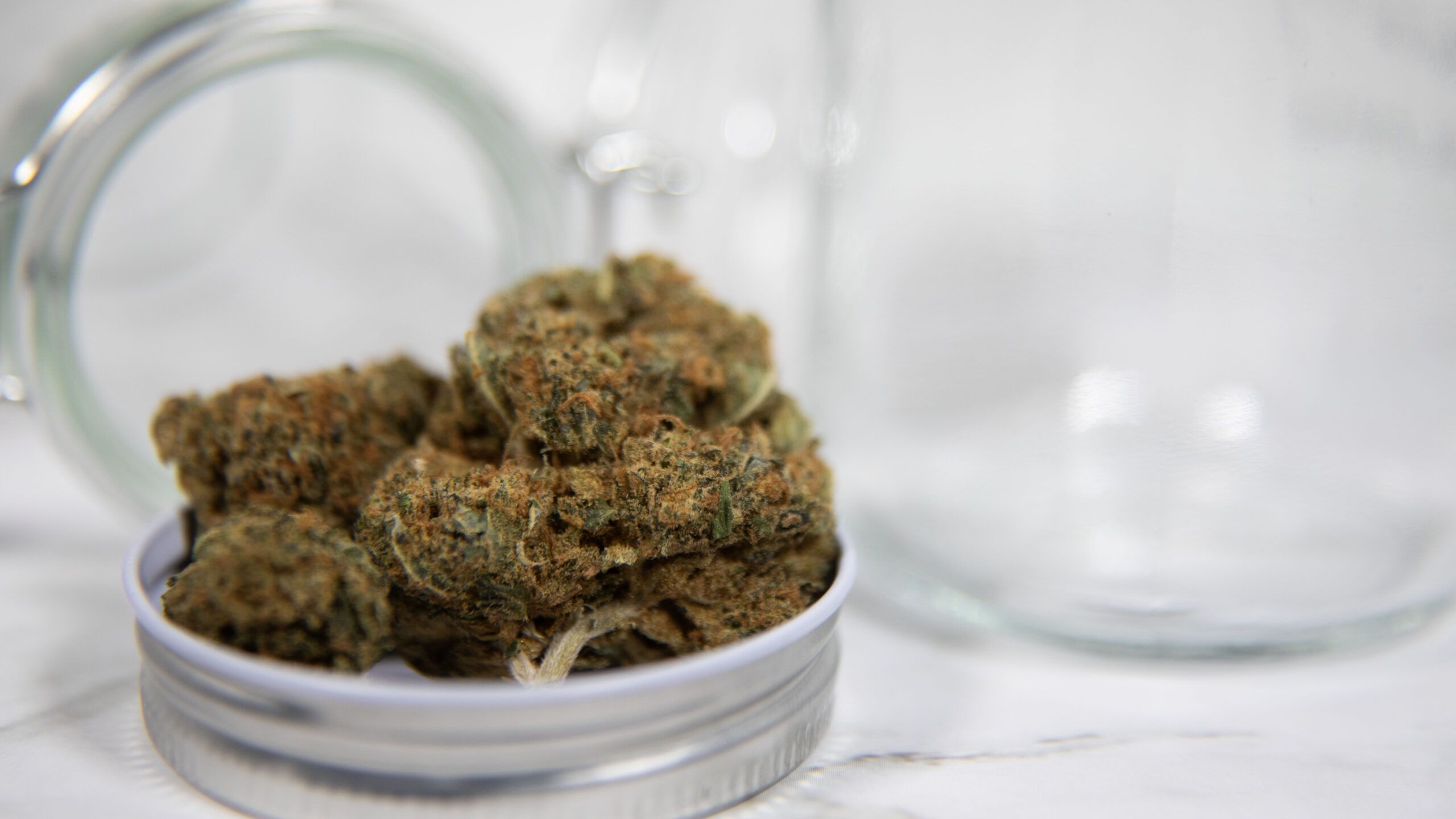Insomnia is a common issue that affects millions of people worldwide, and the search for effective treatments often leads individuals to explore alternative options like cannabis. Over the years, THC (tetrahydrocannabinol) and CBD (cannabidiol), two primary cannabinoids in cannabis, have shown potential in helping individuals improve sleep quality and duration. But how exactly do these compounds work for insomnia, and what does research say about their effectiveness?
CBD and Insomnia: A Natural Sleep Aid?
CBD, the non-psychoactive compound in cannabis, has gained popularity for its calming and anti-anxiety effects. While it doesn’t produce a “high,” CBD is thought to improve sleep by reducing anxiety, which is a significant factor in insomnia for many individuals.
A 2019 study published in the Permanente Journal examined the effects of CBD on anxiety and sleep. The study found that 79.2% of participants reported reduced anxiety, and 66.7% experienced improved sleep within the first month of using CBD. This suggests that CBD’s ability to reduce anxiety can indirectly help people fall asleep more easily and stay asleep longer.
Furthermore, CBD may interact with the body’s endocannabinoid system (ECS) to regulate sleep cycles and improve overall sleep quality without the side effects often associated with traditional sleep medications.
Source: The Permanente Journal Study
THC and Sleep: A Double-Edged Sword
THC, the psychoactive component of cannabis, is known for its sedative effects, which can help individuals fall asleep faster. For many users, THC acts as a sleep aid by inducing drowsiness and promoting deep sleep phases, particularly slow-wave sleep, which is crucial for physical recovery and feeling rested.
However, higher doses of THC can potentially impair REM sleep, the phase associated with dreaming and memory consolidation. Long-term, this could affect sleep quality. A 2008 study published in the Journal of Clinical Psychopharmacology highlighted that while THC reduced the time it took for participants to fall asleep, it could also reduce REM sleep over time, which might not be ideal for everyone.
THC’s impact on sleep can vary based on dosage, frequency of use, and individual physiology, so it’s essential to approach THC with caution if using it as a sleep aid.
Source: Journal of Clinical Psychopharmacology Study
Which Is Better for Insomnia: CBD or THC?
For individuals with chronic insomnia or those who experience anxiety-induced sleeplessness, CBD may be a more suitable option due to its calming properties without the psychoactive effects of THC. However, for those who struggle to fall asleep due to acute pain or discomfort, low doses of THC may provide short-term relief.
Conclusion
Both CBD and THC show promise in helping manage insomnia, but their effectiveness varies based on individual needs. Research supports CBD’s role in reducing anxiety and improving sleep quality, while THC may offer quick relief for falling asleep. As always, it’s essential to consult with a healthcare provider before starting any cannabis-based treatment for insomnia.
Sources:

